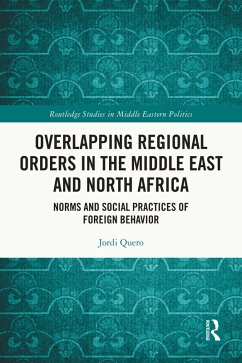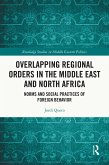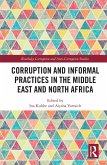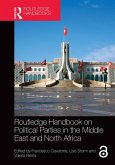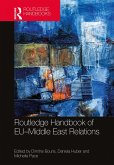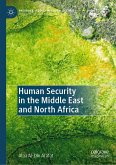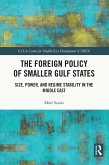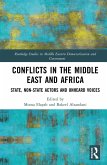Dieser Download kann aus rechtlichen Gründen nur mit Rechnungsadresse in A, B, BG, CY, CZ, D, DK, EW, E, FIN, F, GR, HR, H, IRL, I, LT, L, LR, M, NL, PL, P, R, S, SLO, SK ausgeliefert werden.
Katerina Dalacoura, Associate Professor in International Relations, London School of Economics and Political Science, United Kingdom
"By drawing on insights from the English School and Constructivist traditions in IR theory, this study of the plurality of regional orders succeeds impressively in challenging some of the prevalent but debatable assumptions about the exceptional, intrinsic conflictual, and complex nature of Middle East international relations. It convincingly demonstrates how IR theory is relevant to the Middle East, while also highlighting how insights from the region can refine our general understanding of different forms of international order."
Morten Valbjørn, Associate Professor in the Department of Political Science, Aarhus University, Denmark

